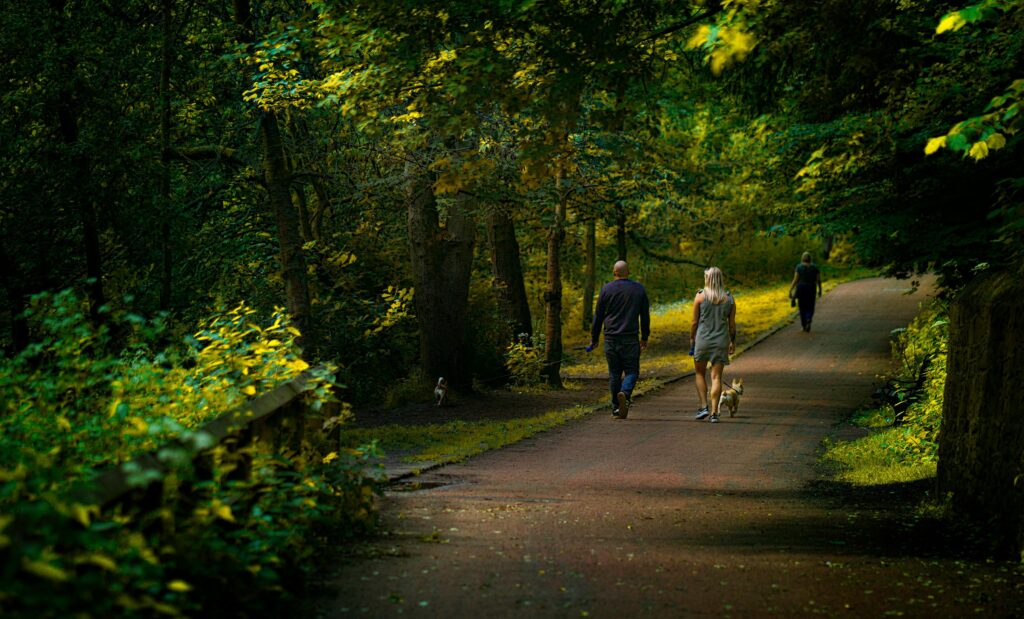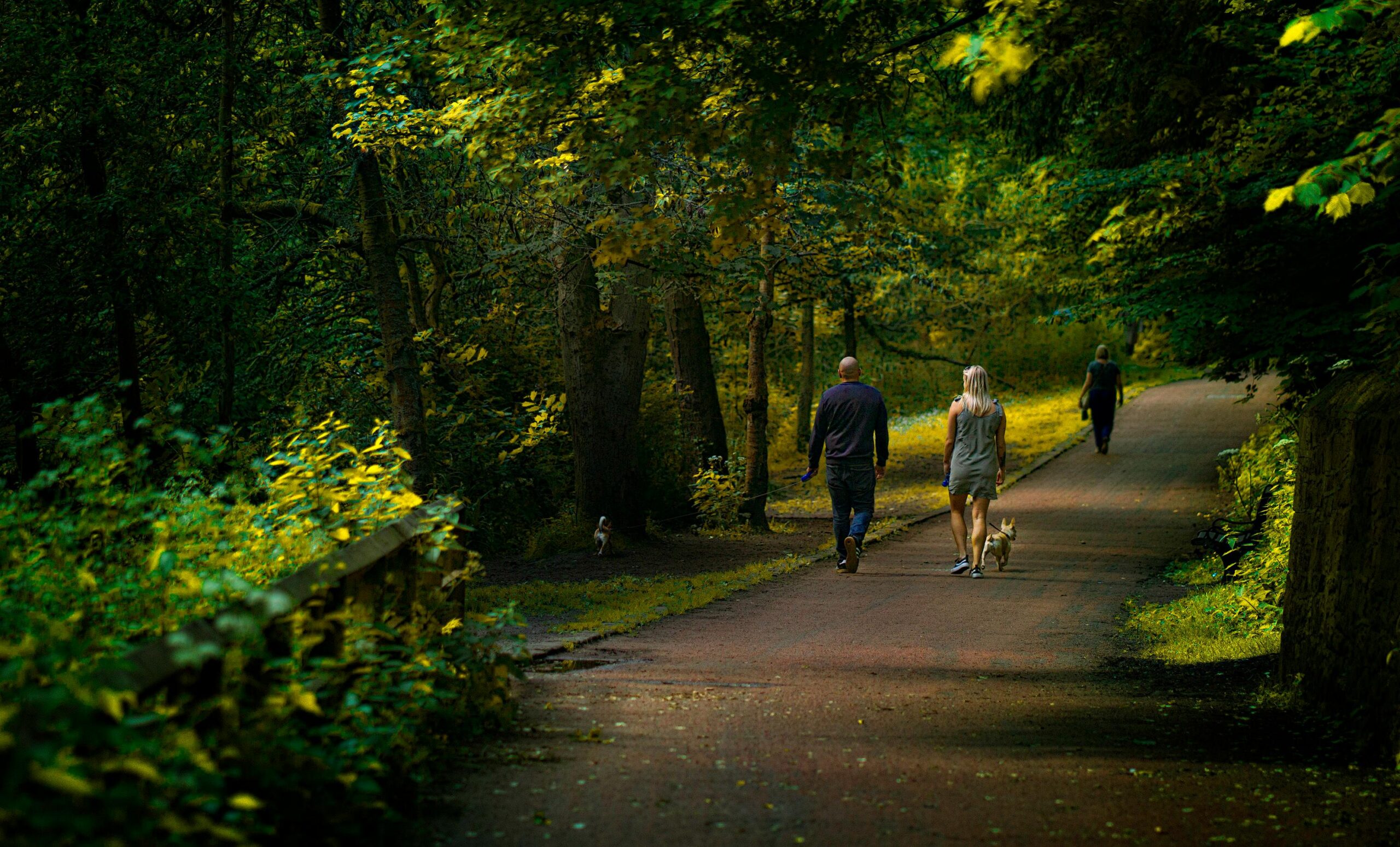When people think about mental health, they often picture therapy rooms, medication, or solo self-care routines. But community and mental health are deeply connected. Humans are wired to belong. Without healthy relationships, support systems, and connection to something greater, healing becomes harder.
At IntegroRecovery Clinic in Edina, MN, we see every day how isolation can worsen symptoms of depression, anxiety, trauma, and addiction. We also see how building or restoring a sense of community plays a powerful role in treatment and long-term recovery.
If you’re looking for more than just a diagnosis—if you’re looking for support that actually feels supportive—understanding the link between community and mental health is the place to start.
Why Community and Mental Health Go Hand in Hand
Mental health isn’t just about brain chemistry. It’s about your environment, your relationships, and your ability to feel seen and safe. When you’re disconnected from others, especially during a mental health challenge, symptoms can intensify.
Research shows that lack of community is associated with:
- Higher rates of depression
- Increased anxiety
- Substance misuse
- Poorer physical health outcomes
- Higher suicide risk
In contrast, strong communities promote resilience. They offer spaces to talk, grow, and receive feedback without judgment. Whether it’s a support group, faith-based group, group therapy, or simply a circle of caring friends, connection supports regulation, perspective, and healing.
This is why community and mental health must be considered together—especially for those managing addiction or chronic conditions like PTSD or bipolar disorder.
What Does “Community” Really Mean in Mental Health?
It’s more than just a neighborhood. Community can take many forms:
- Support groups with shared lived experiences
- A treatment team that listens and collaborates
- Friends who check in when you disappear for a while
- Faith, spiritual, or cultural groups
- Recovery circles
- Even online groups when in-person options aren’t accessible
Community doesn’t always mean close family. Sometimes it’s people you meet later in life who help hold you up. And sometimes, that starts with clinical support—like what we offer at IntegroRecovery.
How Community Supports Addiction Recovery
Substance use often begins—and thrives—in isolation. People drink, use, or escape when they feel misunderstood, unsafe, or disconnected. Without relationships rooted in trust, recovery feels lonely.
That’s why group therapy, peer mentorship, and structured community support are essential components of any lasting treatment plan.
At IntegroRecovery, we combine evidence-based therapy with community-building opportunities. Whether it’s referral to local 12-step groups, SMART Recovery, or other recovery-focused communities in Edina, MN, we help patients find places where they belong.
We also help people repair damaged connections—because addiction can strain even the strongest relationships. Healing involves reconnection.
Ways to Strengthen Community and Mental Health Together
You don’t have to change everything overnight. But small steps make a difference. Here’s how you can start building community while tending to your mental health:
1. Join a Peer Support Group
Search for groups that meet in person or virtually. Options in Edina include:
- NAMI Minnesota support groups
- Mental health and recovery meetups
- Church- or faith-based healing groups
Being in a room with others who understand—even without talking—can shift something inside.
2. Work with Providers Who Understand Community Healing
Not all therapy is one-on-one. At IntegroRecovery, we support group therapy through external resources like Planting Seeds Recovery and integrative care teams because healing happens in relationship, not in isolation.
We also collaborate with family members when appropriate, offering education and support to improve communication and reduce shame.
3. Volunteer or Help Someone Else
One of the most overlooked forms of mental health support is giving support. Volunteering can reduce depressive symptoms, boost self-worth, and connect you with others in meaningful ways.
Start small. Look into local organizations that align with your values.
4. Attend Workshops or Community Events Focused on Wellness
In Edina and nearby areas, many community centers and clinics offer mental health education events. Even yoga classes, walking groups, or community cooking nights can be mental health tools if approached with intention.
You don’t have to talk about your mental health directly to benefit from human connection.
5. Build a Micro-Community
Not everyone has access to big networks. But even one or two emotionally safe people can make a huge difference. That could be:
- A friend you text honestly
- A sibling who “gets it”
- A group chat with accountability and humor
- A neighbor who walks with you weekly
Connection doesn’t have to be big. It just has to be real.
What We Offer at IntegroRecovery to Support Both Community and Mental Health
We don’t believe healing happens in a vacuum. That’s why we offer services that intentionally build connection while addressing root causes.
Our services (internal and external) include:
- Individual therapy for anxiety, depression, trauma, and more – External referrals
- Psychiatric care for medication management and diagnosis
- Group therapy for shared growth and accountability – through Planting Seeds Recovery
- Addiction recovery support with a dual-diagnosis lens
- Family consultation to support relationship repair and education
- Referral partnerships to trusted community support groups
We are part of the Edina, MN mental health and recovery network. And we help people not just find treatment—but find people.
What If You’ve Been Hurt by Community Before?
This is a valid concern. Many people with trauma, mental illness, or addiction histories carry wounds from past relationships. Churches, families, schools, or even friend groups may have caused harm or shame.
If that’s you, know this: healthy community is still possible. But it must start with safety.
Our work at IntegroRecovery is trauma-informed. That means we’ll help you identify what safe connection looks like for you. We’ll never rush you into a group. We’ll build trust at your pace. And when you’re ready, we’ll help you expand your circle in ways that feel good.
FAQs About Community and Mental Health
How does community impact mental health?
Community provides emotional support, reduces isolation, and promotes resilience. People with strong social connections are less likely to experience severe mental health symptoms.
What if I don’t have a support system?
You’re not alone. Many people start with none. A therapist or clinic like IntegroRecovery can help you begin building a network through structured support.
Is online support effective for mental health?
It can be. While in-person connection is ideal, online forums, virtual support groups, and digital communities can reduce isolation and offer real-time understanding.
How can I rebuild community after addiction or mental illness?
Start small. Consider peer support groups, volunteering, or group therapy. Also, work with a provider who can guide you in relationship repair and building trust.
Does IntegroRecovery offer group therapy or community referrals?
Yes. We provide group options and help connect patients to trusted local resources in Edina and beyond.
You Don’t Have to Heal Alone
Whether you’re recovering from trauma, navigating anxiety, or working through addiction—connection matters. Mental health isn’t just something you manage in silence. It’s something you heal through relationship.
Community and mental health are not separate. They are two sides of the same path.
At IntegroRecovery in Edina, MN, we’re here to walk with you, guide you, and help you find (or rebuild) a support system that works for your life.




Comments are closed